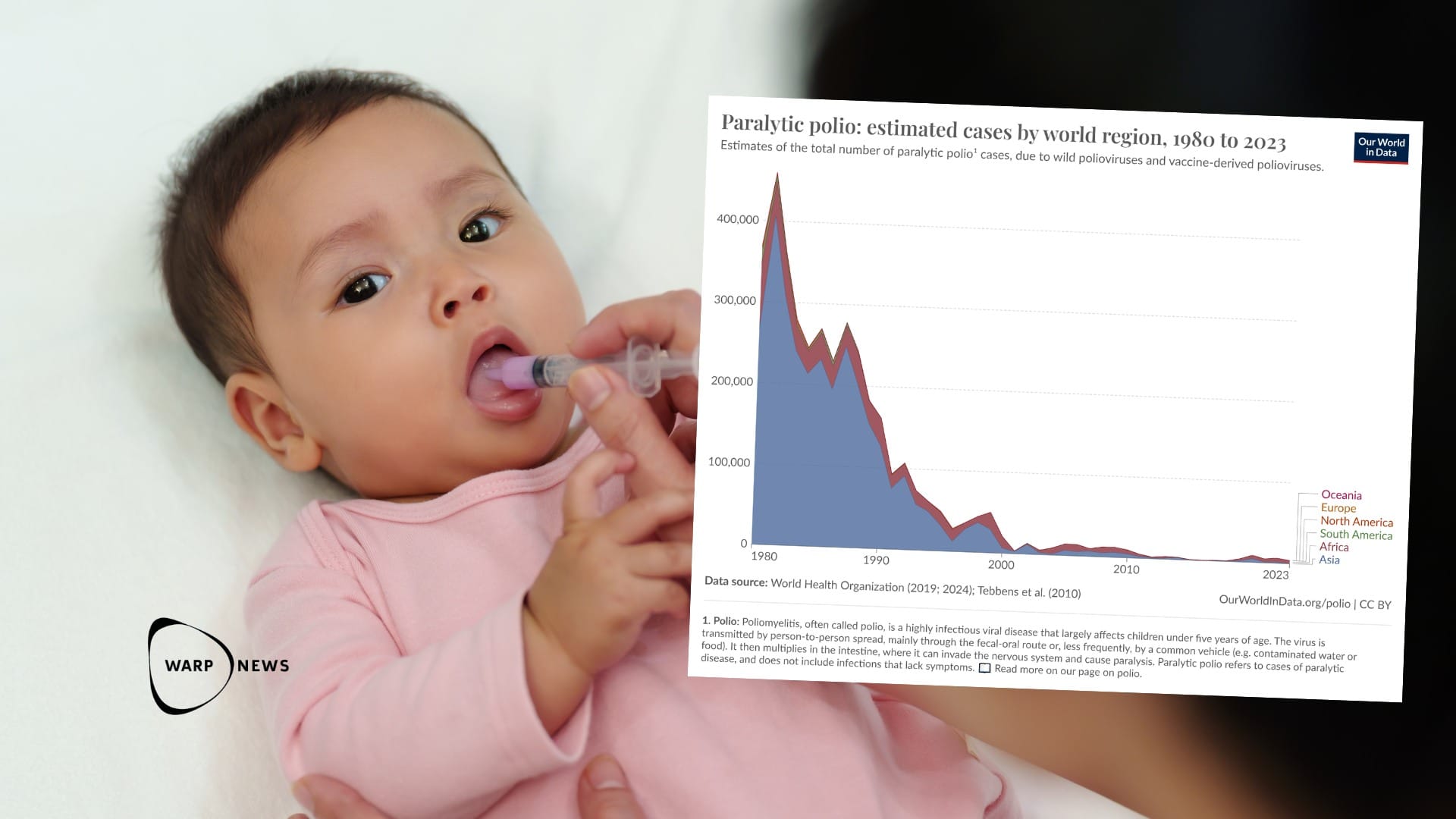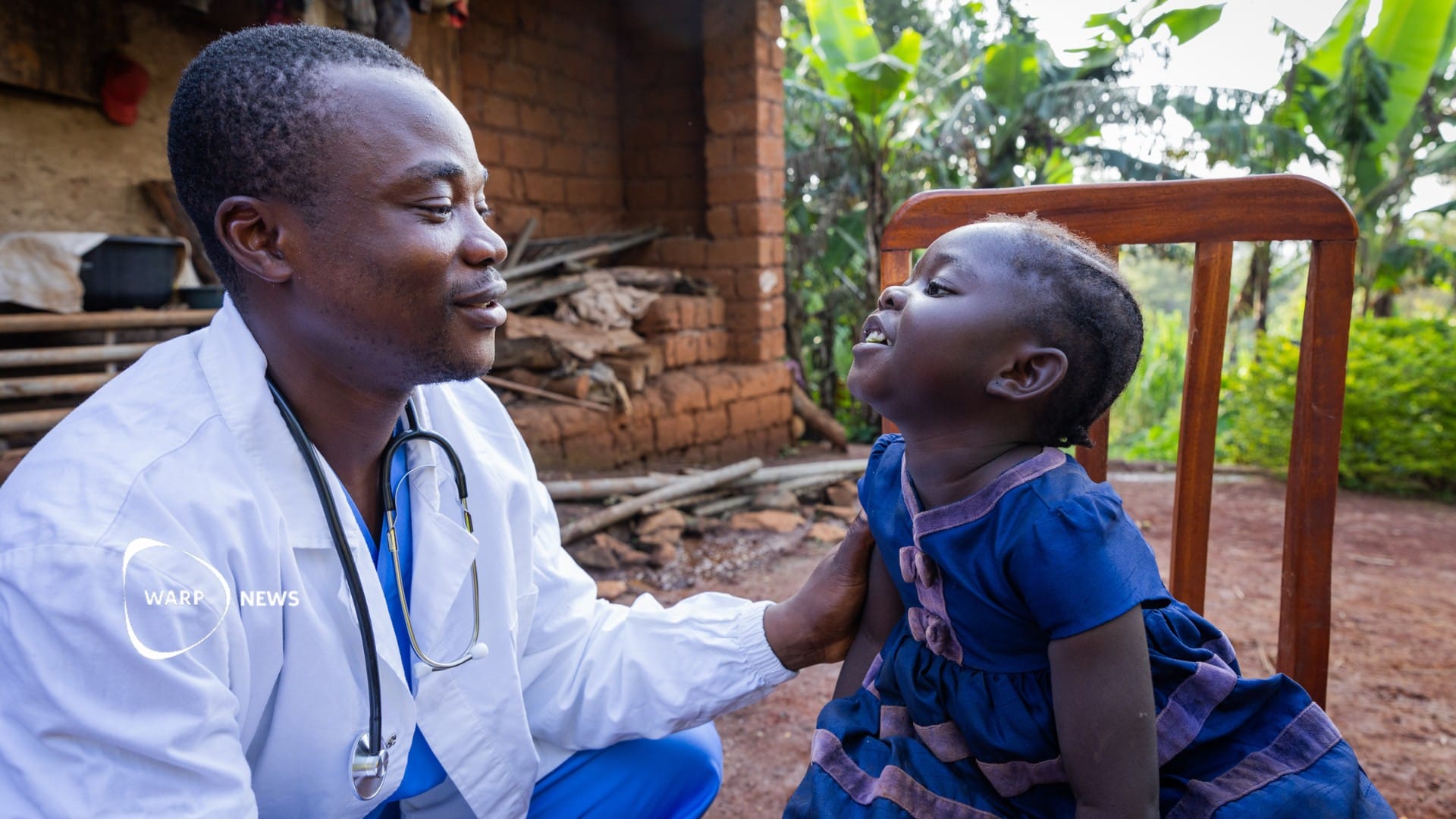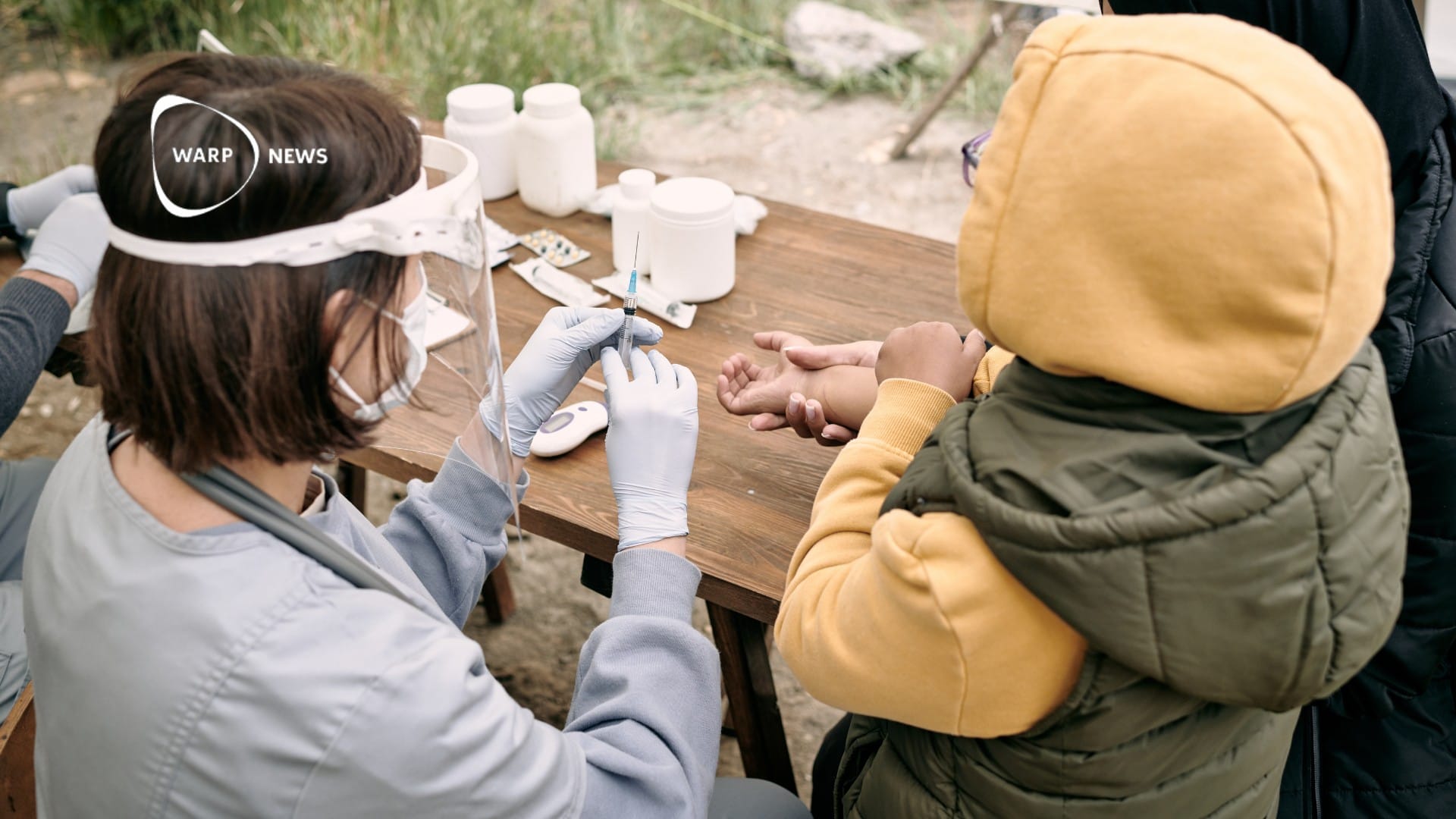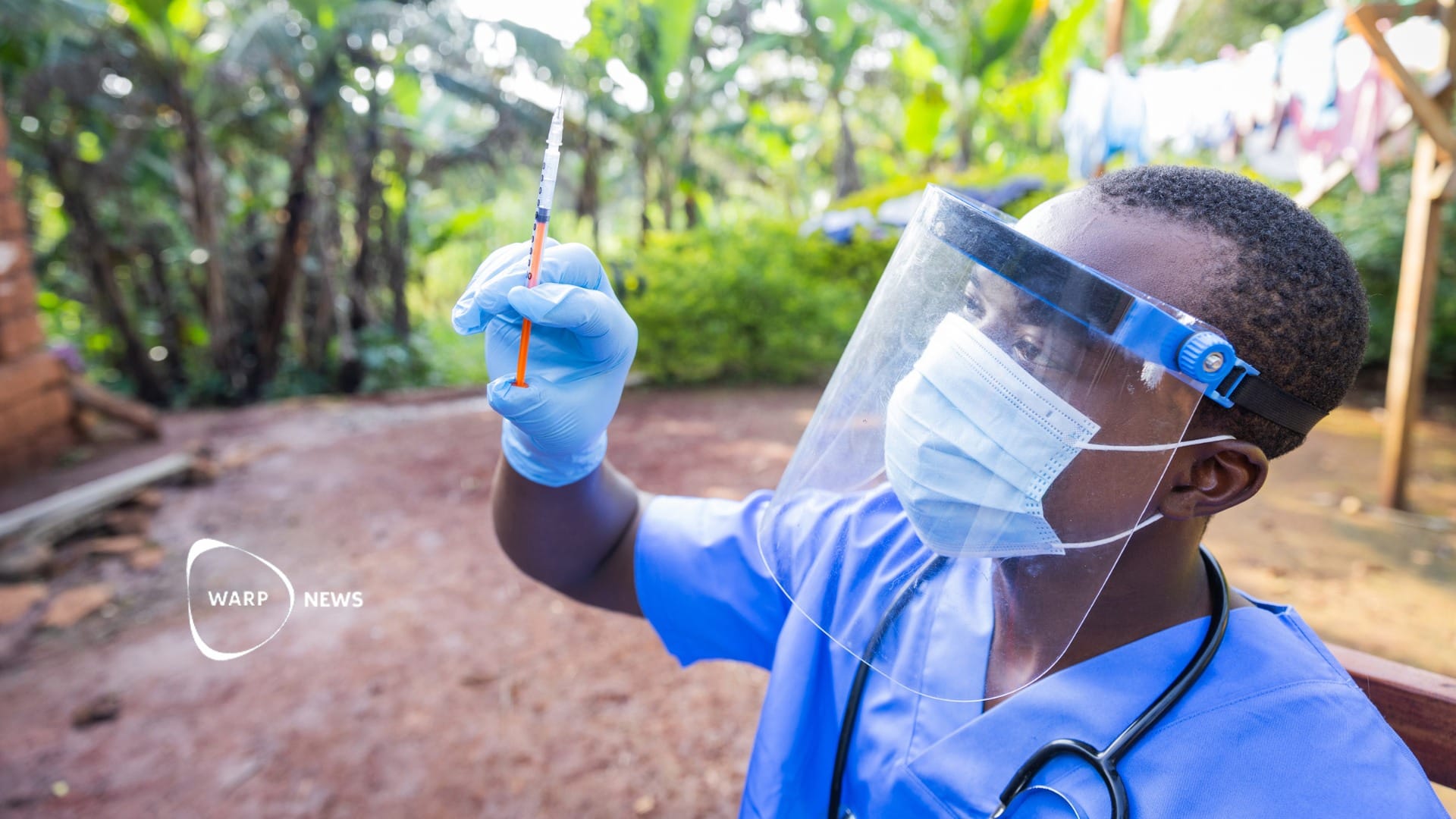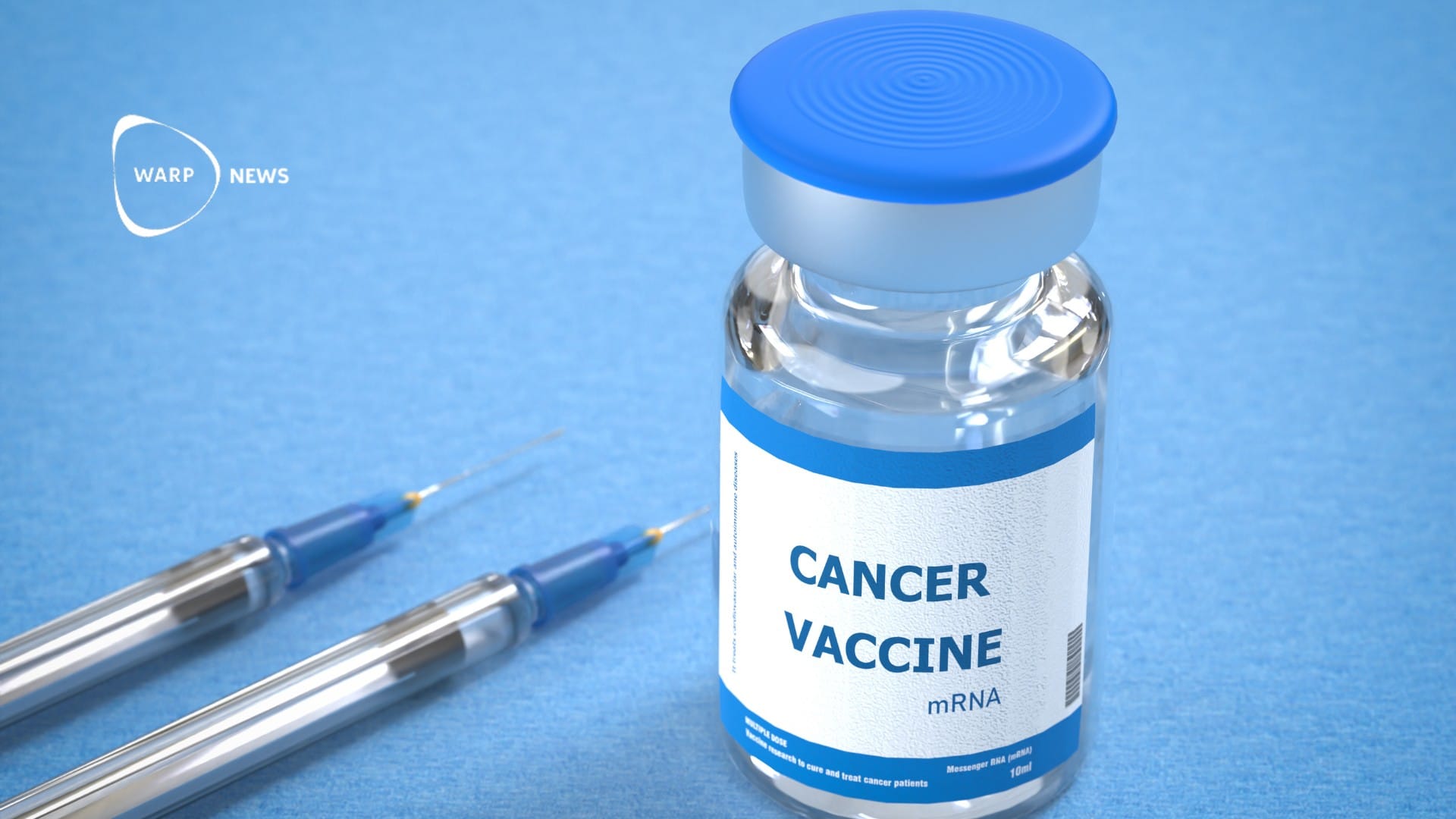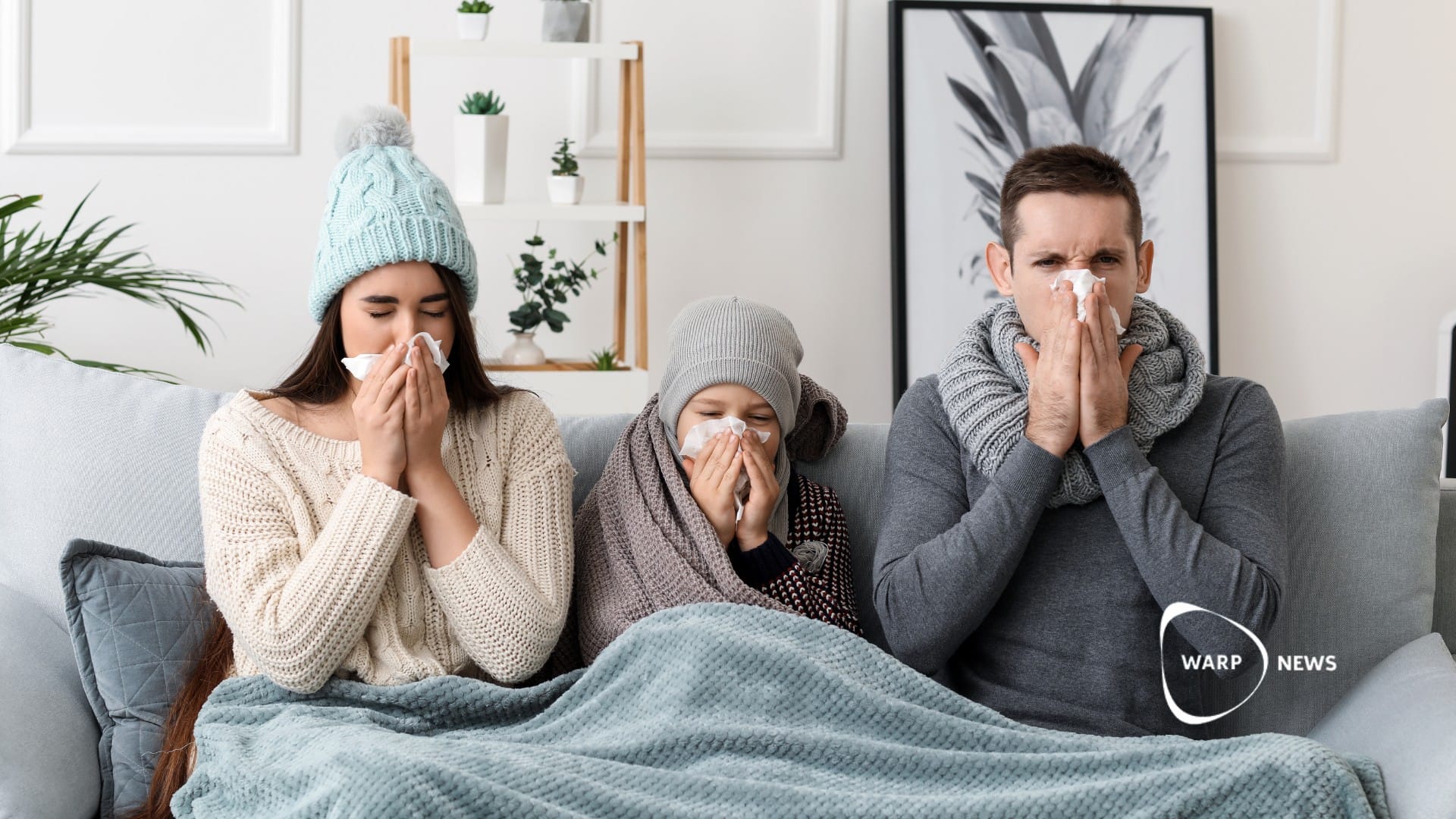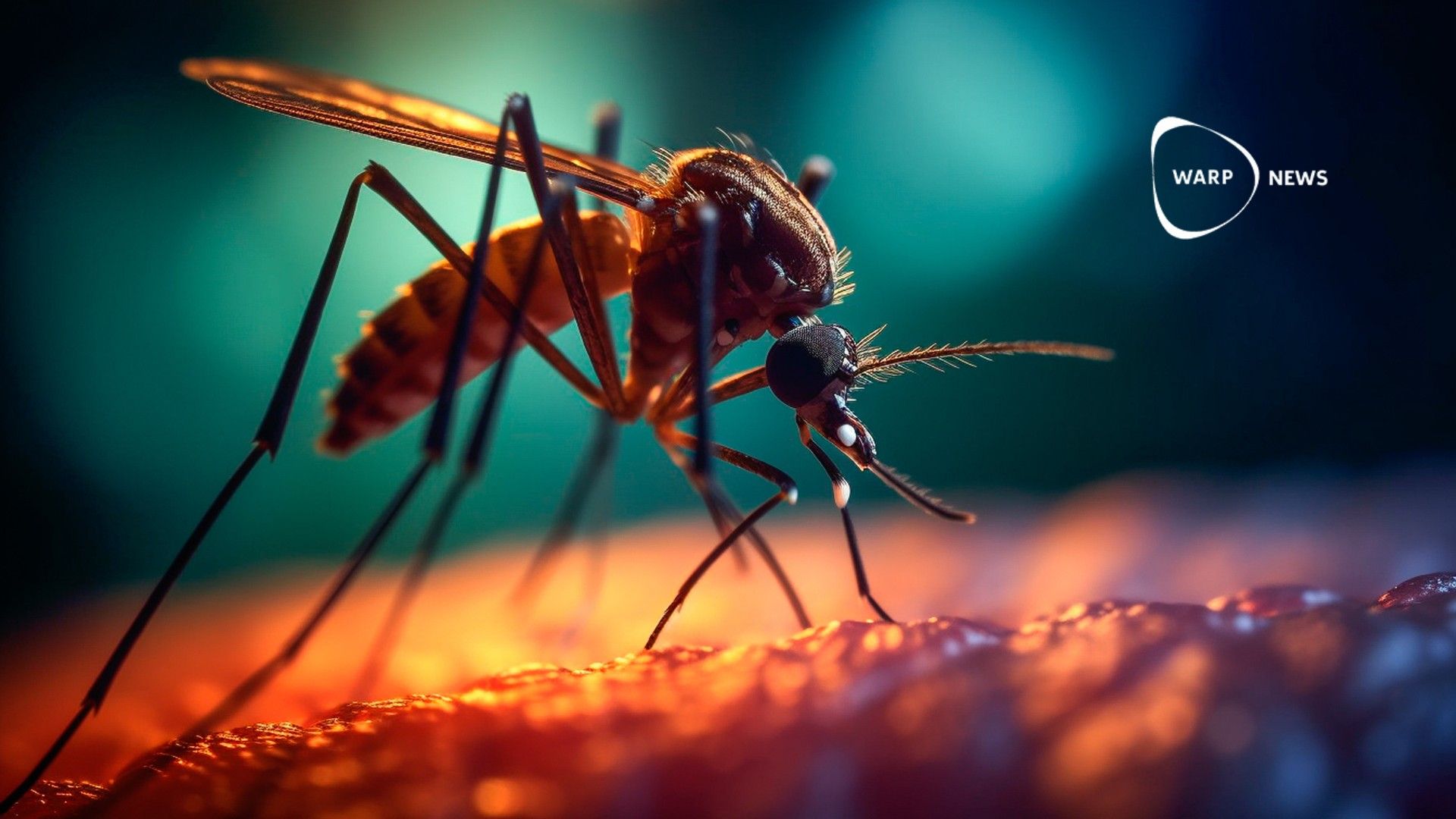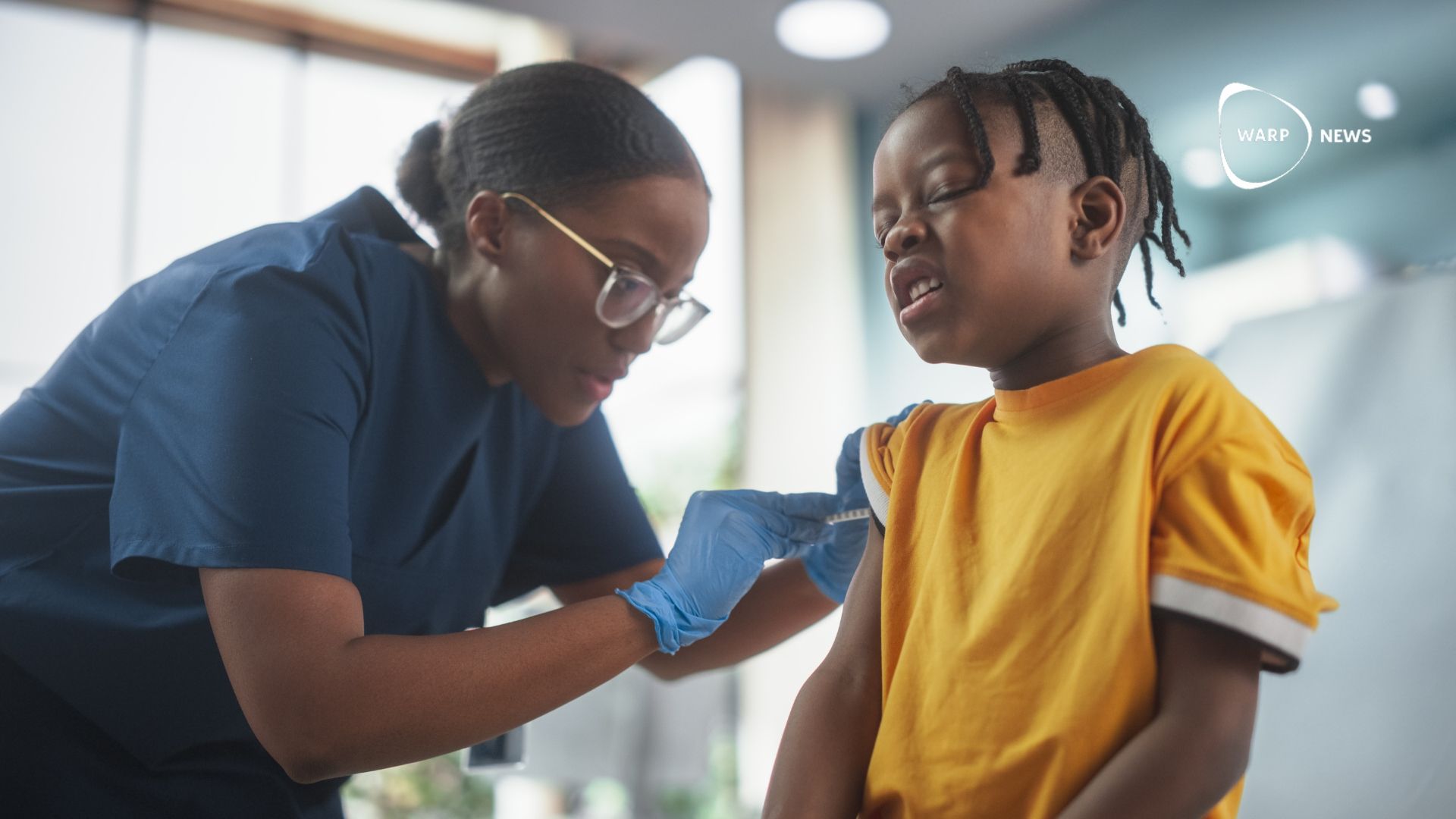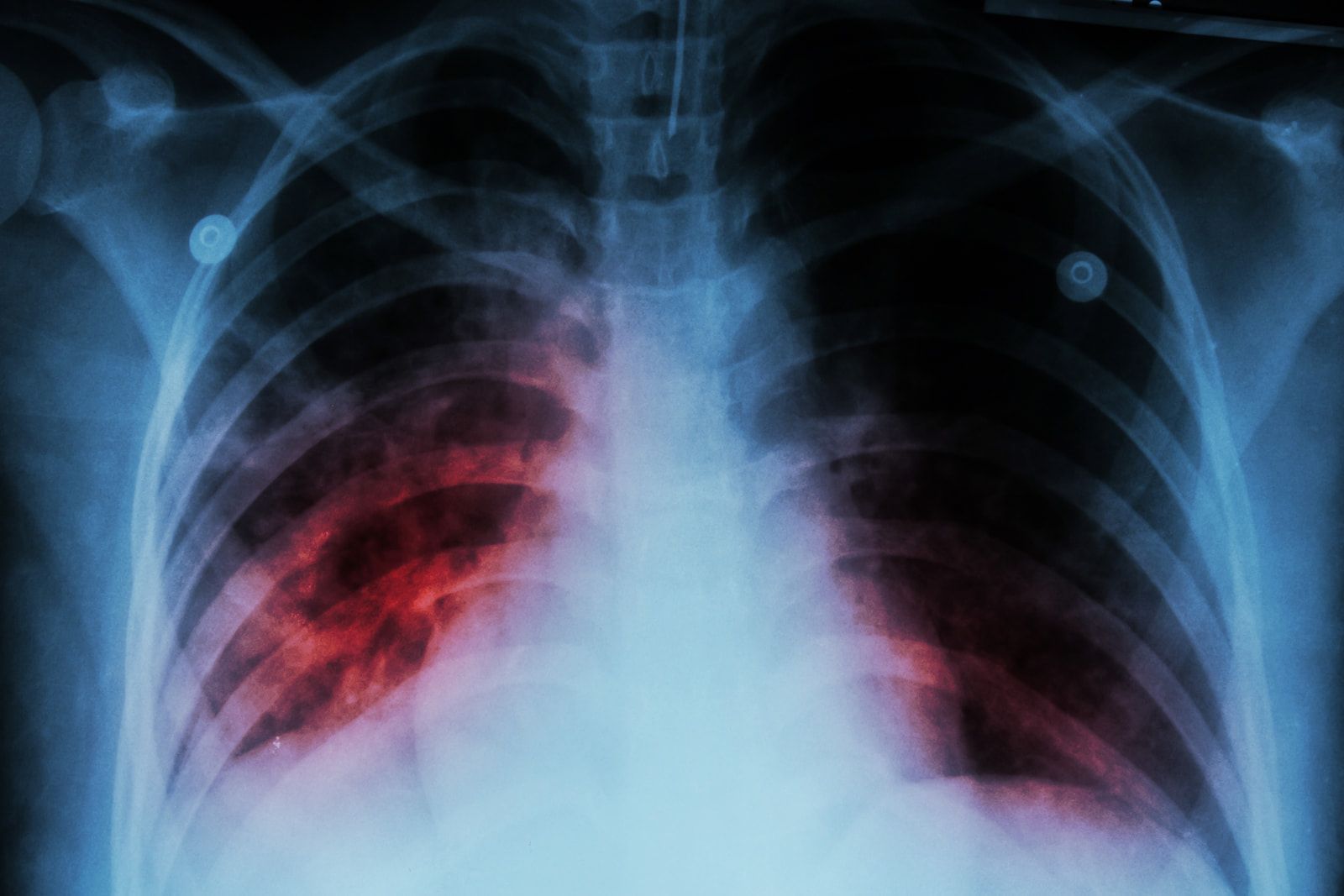Vaccine
👩⚕️ We are close to eradicating polio
The world has made significant progress in the fight against polio, reducing the number of cases by a hundredfold since the 1980s. Two of the three serotypes of wild poliovirus have been eradicated. New vaccines and improvements in sanitation and testing will help us overcome the last obstacles.
💉 Three West African countries begin vaccinating against malaria
Benin, Liberia, and Sierra Leone have started vaccinating children against malaria. The vaccine has shown a significant reduction in malaria diseases and child mortality in initial African pilot programs.
🧒🏿 40% of the reduction in child mortality is thanks to vaccines
Vaccines have prevented 154 million deaths since 1974, of which 146 million were children. Thus, vaccines account for 40 percent of the reduction in child mortality.
💉 "Possible to eradicate Malaria within ten years"
New vaccines against malaria are hailed as one of the most important scientific advances. The vaccines Mosquirix and R21 reduce both the prevalence and mortality of malaria.
💉 New skin cancer vaccine works better than expected
Moderna's mRNA cancer vaccine shows a 49 percent reduction in melanoma recurrence or death.
🤧 First steps towards a universal flu vaccine
Are we finally on the path to get ríd of the flu?
💉 U.S. approves first vaccine against chikungunya, a mosquito-borne virus
Chikungunya, primarily transmitted through mosquito bites, has emerged as a global health concern. Over the past 15 years, there have been approximately 5 million reported cases. Now the first vaccine for chikungunya, has received FDA approval.
💉 13% decline in child deaths thanks to malaria vaccine
Malaria claims the lives of half a million children every year, but the number is dropping thanks to new vaccines.
💉 First tuberculosis vaccine in 100 years is in sight
Tuberculosis kills over 1.6 million per year. But there is hope on the horizon, with the new M72 vaccine. The first new TB vaccine in a century.
